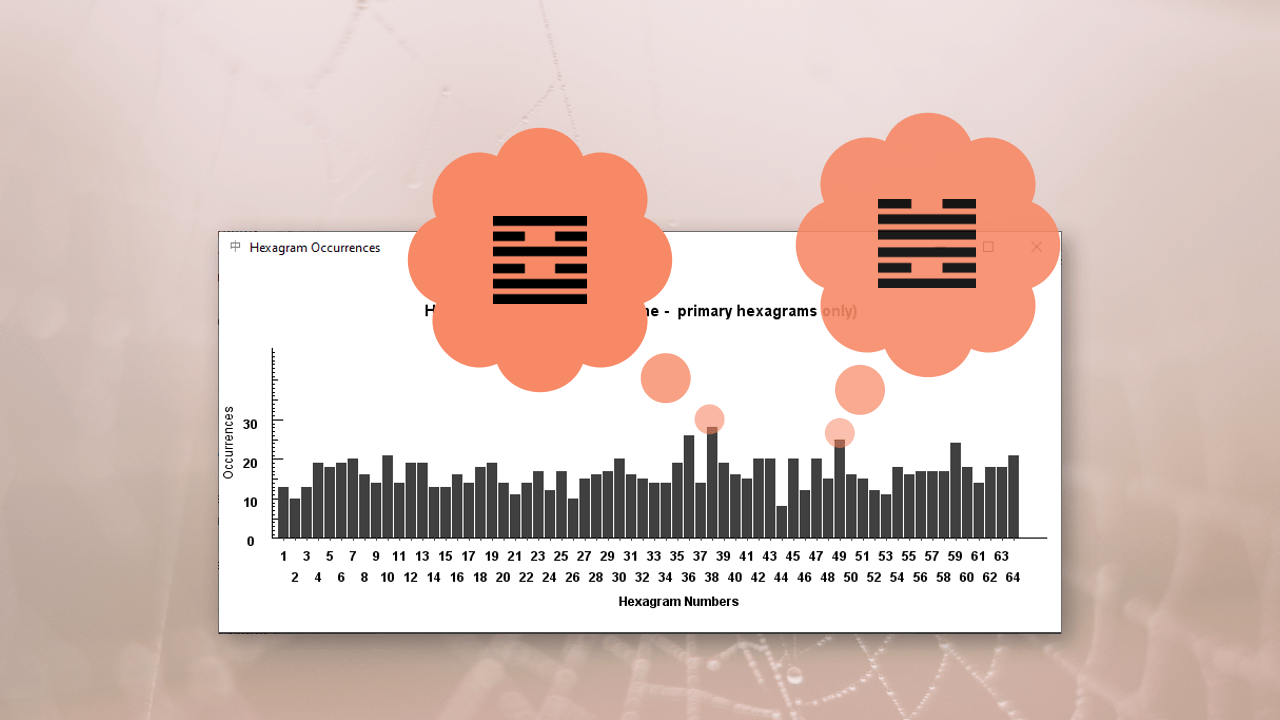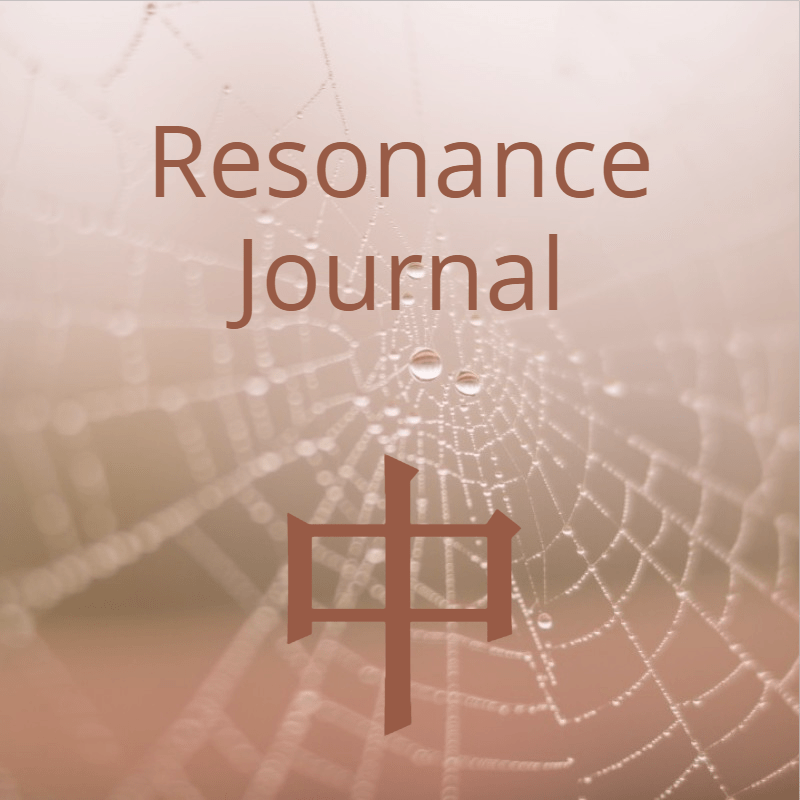The Yi barbarians
Hexagram 36 is called Ming Yi 明夷, Brightness Hiding or Brightness Wounded. The double meaning of ‘Yi’ here (a completely different word to the name of the book) allows the hexagram name to contain a whole story: when wounded, you hide; once bitten, twice shy. It also means something ordinary,… Read more »The Yi barbarians















